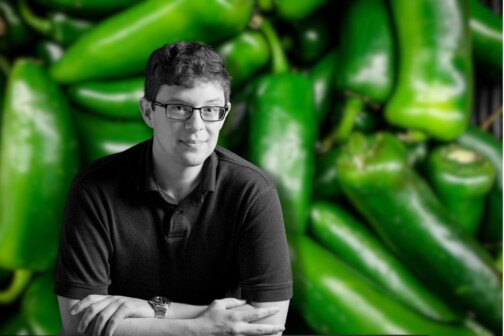A meeting last week between the Dallas arts community and the fire marshal allowed for an airing of grievances, namely that overzealous code enforcement is crushing small art spaces and DIY cultural gatherings in the city. City officials acknowledged the complications of getting up to code, while making their case that safety concerns and existing code made the shutdowns necessary. What the sometimes heated discussion involving artists, gallery operators, and local government officials didn’t result in is anything resembling a concrete plan to stop the clampdown on the Dallas arts scene.
A petition since launched on Change.org (addressed to Mayor Mike Rawlings, the City Council, and planning and zoning commissions) argues for building code amendments “that reflect the reality of presenting performance and art in the 21st century.” UTD professor of performance and aesthetic studies and Dead White Zombies founder Thomas Riccio, who created the petition, contends that code should account for “building conversions, reuse, and alternative presentation spaces.” He writes:
Dallas art galleries and alternative performance spaces have been subject to dated certificate of occupancy code requirements that do not reflect the reality of presenting arts today. Small, innovative, and developing arts organizations and businesses–which are the generating heart of the Dallas creative industry–have been shut down and threatened with survival.
The recent spate of over zealous code enforcement refers to outmoded building codes prescribed for larger and traditionally conceived art and performance venues and do not take into account modern building use conversions. The enforcement of antiquated codes will have a negative effect on the growth and development of the arts, its artists, and the quality of life in Dallas.
Riccio cites a 2012 report on the economic impact on nonprofit arts and culture to drive home the importance of resolving the impasse with the fire marshal.
His point, which gets to the heart of the issue, is that the problem is with the code itself. This not all due to some misunderstanding between the city and artists, or the usual bureaucratic rigmarole. The city can hold every small gallery operator’s hand on the long, expensive walk through a convoluted CO process, or it can fix these flawed, outdated rules.
The petition had about 80 supporters as of Thursday morning.






